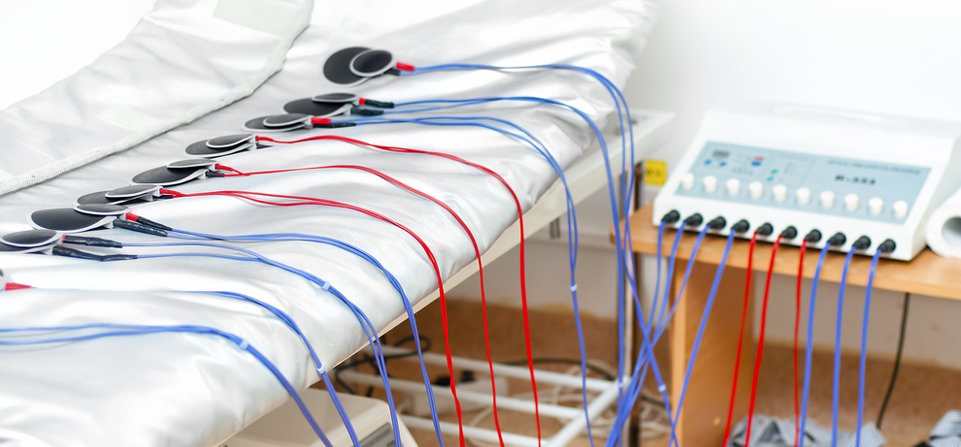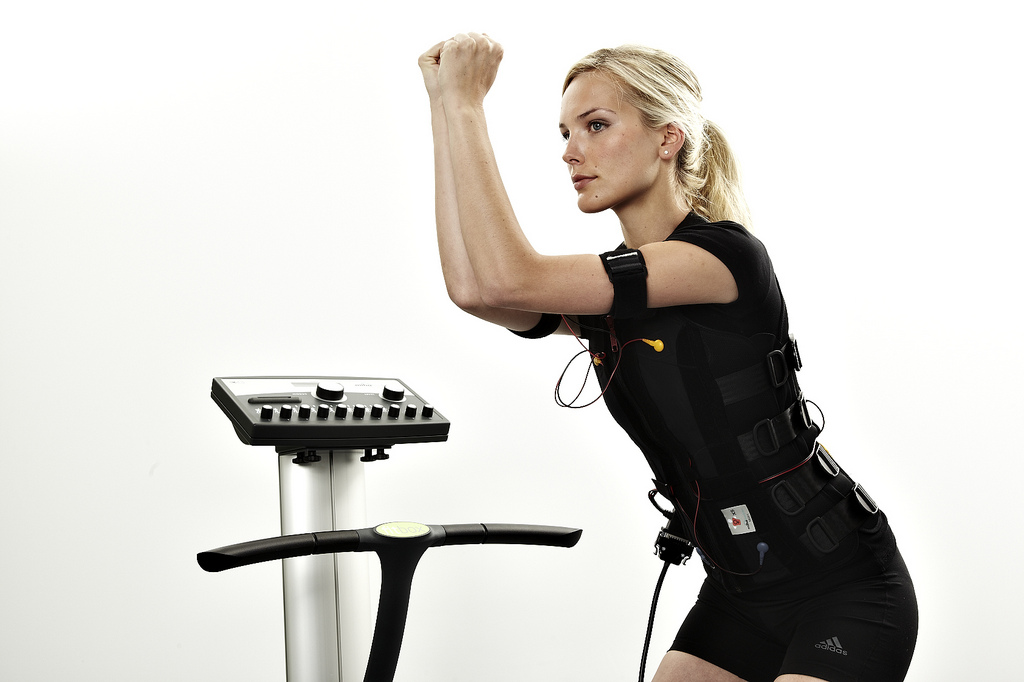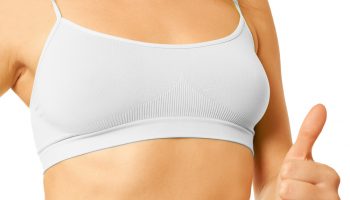According to the American Council on Exercise, EMS (Electronic Muscle Stimulation) technology delivers electronic impulses to the muscles through electrodes placed on the skin, and is effective as part of a rehabilitative physical therapy plan. In recent years, various companies marketed EMS devices for aesthetic purposes, claiming that by contracting muscles the devices effectively recreate a “workout.”
Women Fitness team recently covered an Exclusive Interview of Ms. Monika Radulovic, Miss Universe Australia 2015 and an exceptionally talented Model, who is a fan of EMS Workout and says:
It’s an amazing way of working out using an EMS machine that sends electrical impulses that constrict your muscles while working out. It’s absolutely incredible; a 20 minute session using this machine does for the body what hours in gym can achieve!
This has really helped her tone and shape up her body.
About the EMS machine?

Electrical muscle stimulation (EMS), also known as neuromuscular electrical stimulation (NMES) or electromyostimulation, is the elicitation of muscle contraction using electric impulses. The impulses are generated by a device and delivered through electrodes on the skin in direct proximity to the muscles to be stimulated. The impulses mimic the action potential coming from the central nervous system, causing the muscles to contract. The electrodes are generally pads that adhere to the skin. The use of EMS has been cited by sports scientists as a complementary technique for sports training and published research is available on the results obtained. In the United States, EMS devices are regulated by the U.S. Food and Drug Administration (FDA).
In the words of Dr. Y. Kots of the Central Institute of Physical Culture, EMS works directly on the muscles, bypassing the body’s energy conservation system, thus there’s no limit to the percentage of fiber that can be activated. The EMS stimulus “spills over” from fully contracted fiber to activate remaining fiber (given sufficient current) allowing the athlete to experience a training stimulus that’s unattainable by any other means. The muscle tension produced in a maximal EMS contraction can be up to 30% higher than a maximal voluntary contraction. This finding was corroborated by independent studies and makes intuitive sense, given the nature of the body’s energy conservation system.
If you only have 20 minutes, EMS is a good idea. But if you have two hours, you should do some EMS and some movement-based exercises.
Uses of EMS Training

There are four main uses for EMS in sport training.
- Enhancement of maximum strength
- As a means of recovery
- A rehabilitation tool
- A motor learning and muscle recruitment tool.
EMS works best as the last training element of the day, separated from other work by at least two hours. This is usually done at night before bed, as it can be done at home and the supra-maximal stimulus it provides is excellent for promoting the release of growth hormone during sleep.
Note: FDA warns that using an EMS toning belt that hasn’t met FDA’s safety requirements may cause shocks, burns, bruising, skin irritation or pain.
To learn more:
https://www.t-nation.com/training/truth-about-ems
Disclaimer
The Content is not intended to be a substitute for professional medical advice, diagnosis, or treatment. Always seek the advice of your physician or other qualified health provider with any questions you may have regarding a medical condition.




